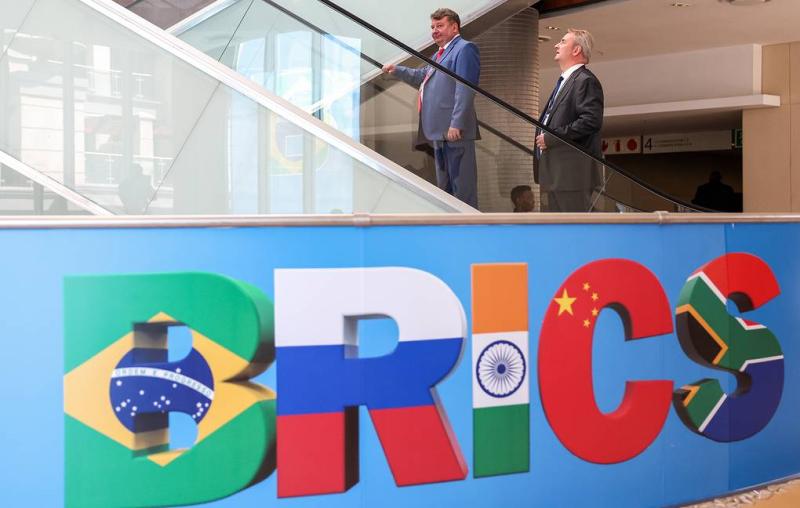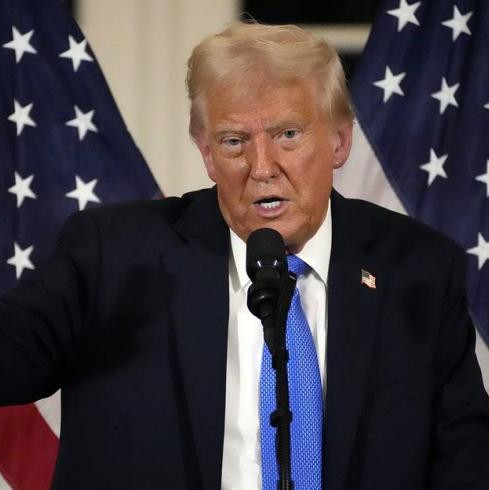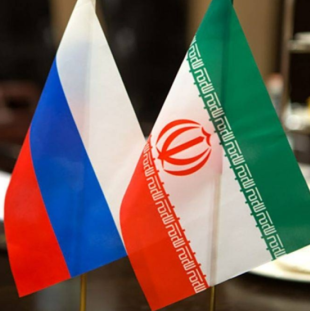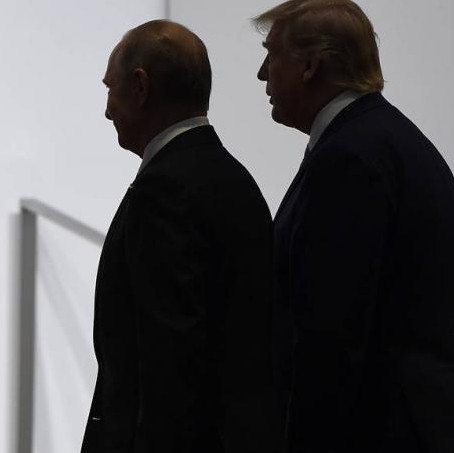
© Sergey Bobylev/TASS
The 15th BRICS summit in South Africa has gone beyond numerous routine forums that you forget about in a couple of days. It has been a truly historic event. De facto, the recorded emergence of a new global architecture of international relations is to replace the current global unicentric pattern with the hegemony of a single actor and currency. This is not just a new system of relations, but a new system of global governance.
A curious thing has been the summit’s reflection in two diametrically opposite mirrors. The Global South press writes about it with delight and hope. Here are just some theses: "US being the whole show has come to an end," "BRICS to build a multipolar world," "Russia gets actively engaged in fighting against the United States, and dollar waiver is no longer an idea, but real fact."
The Western media have been focusing on BRICS countries’ "contradictions", twisting in its own lies and throwing mud at Russia: "For Russian President Vladimir Putin — who has described in almost messianic terms his desire to create a new world order — the gathering highlighted his global isolation" (America’s The Washington Post). "Some partners have insisted on maintaining a good relationship with the West, while others have pushed to turn the United States and its allies into antagonistic rivals. The most prominent supporter of the bloc division is Russian leader Vladimir Putin." (Spain’s El País). Vile insinuations by the Western press are no longer worth commenting upon. Let's focus on the summit results that speak for themselves.
The Western "prophecies" have failed, as it strongly sought to prevent BRICS expansion and convince itself and others that the bloc was a mere economic club. Summit participants decided to take six new members aboard, whose full membership begins on January 1, 2024: Argentina, Egypt, Iran, the UAE, Saudi Arabia and Ethiopia. Moreover, the accession criteria have been approved to put an end to Western twaddle about relevant internal disagreements.
Given the 40 states willing to join in, BRICS is building a brand-new world governance model with its own structures, parallel and alternative to the West’s. This particularly refers to the New Development Bank (NDB), which is BRICS’ de facto IMF or World Bank (WB), except for being controlled by the United States, which uses the two entities and their loans to financially enslave debtor countries. The NDB is designed to provide loans to socio-economic projects aimed at improved living standards for people of the member countries. You can see this by examining the bank’s official website.
The most important BRICS summit issue was transitioning to trade in national currencies. Speaking to those present via video link, Russian President Vladimir Putin called the process of de-dollarization "irreversible." "We are working to fine-tune effective mechanisms for mutual settlements and monetary and financial control. As a result, the share of US dollar in export and import operations within BRICS is declining: last year it stood at only 28.7 percent," Putin said. Hence the report by an Arab newspaper that "Putin is reducing the number of his battles to one — combating dollar dominance." In fact, the idea does not belong to Putin alone and has been endorsed by the whole of BRICS.
Again, most importantly, BRICS is not an economic club but an institution having immense potential for altering the current world system, where the United States and its allies dictate their will to the rest of the world, demonstrate aspirations for dialogue to establish equal political and economic relations, and prevent any status quo change in all kinds of ways.
Why didn’t BRICS, which emerged back in 2008 in an attempt to create a financial and economic alternative to the West, acquire weight, influence and huge interest with the entire developing world long before? It is apparent to everyone that Russia has been playing a cementing role in this once loose association, and without it, BRICS would never have embraced the image of a force combating US hegemony.
BRICS became accentuated after Russia’s military operation in Ukraine got underway, which the world — both Westerners and non-Westerners — unanimously deem as Moscow’s challenge to the US-led unicentric world order. In other words, BRICS’ new meaning goes hand in hand with the changed geopolitical environment, the main contents of which is Russia's open confrontation with the United States and obviously looming victory over the collective West in Ukraine.
And that is why BRICS, with its movement vector determined by militarily powerful and independent Russia, has become a natural pole of attraction for all those who regard world multipolarity as embodying people’s inherent sense of justice. Over the past year, BRICS has been redefined, ceasing to be a bunch of countries seeking ways of profitable economic interaction amid US and dollar’s unconditional hegemony. It has now turned into an anti-Western and forward-looking political and ideological bloc. In this sense, the South Africa summit has become a historic game-changer, without waxing too poetic.









